How To Compost In A Bin – And What Is Black Gold?
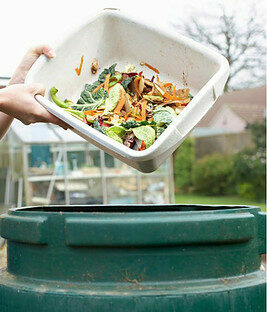
Why do some people think composting is hard? Well I’m here to clear up this misconception and explain clearly how to compost in a bin. Compost is the best soil conditioner, fertilizer and soil amendment you can use. It’s simply taking any organic material tossed into a bin with added oxygen and water. This creates a compost sometimes called “black gold“ and has many benefits for the earth and for a garden. Some examples of organic material would be kitchen scraps from leftover food, small twigs and leaves all shredded into small pieces. According to EPA.gov the food scraps and yard waste makes up 28% of what we throw away in the trash. Making compost helps keep these materials out of the landfills.
Why compost?
When we compost we are helping the earth and preventing the release of methane production. Methane is a potent greenhouse gas that is a main contributor to global warming. When we use the composting substance and add it to our garden we are organically supporting the soil and therefore helping the garden grow.
Composting Benefits:
- Soil Conditioner
- Good for the environment
- Diverts waste to the landfill
Compost Basics for How to Compost in a Bin
The composting pile will thrive with a good balance nitrogen (greens) and carbon (browns). Organic materials like eggshells, hair, fingernails and pure cotton can also be added . Never compost meat, dairy, bones or pet feces. The three basic ingredients for composting are browns, greens and water.
- Wet/Greens are grass clippings, fruit scraps, vegetable scraps and coffee grounds.
- Dry/Browns are hay, twigs, dead leaves, paper napkins, newspaper and branches.
- Water with correct amount combined with the browns and greens.
A healthy compost pile should have much more carbon than nitrogen-2/3 carbon versus 1/3 nitrogen
With the proper balance the compost bin will not have a bad odor-too much green will make it smell
As an Amazon Associate I earn from qualifying purchases. When you use the links on this page to make a purchase I may get a small commission and you may get a great bargain. It’s a win-win all around. Full disclosure.
How to Compost in a Bin
Making a compost bin in a plastic trash can is more economical that buying a composter which range from $99-$150. Here are some directions for how to compost in a bin. You will need the following: plastic trash can with lid, 3 bricks, 1/2 inch drill bit and a drill.
- Choose a trash can or plastic container with a lid that is at least 3 x 3 and store on top of the 3 bricks for aeration
- Drill holes in the bottom and lower sides of the container for aeration reasons
- Create a base using shredded newspaper or dry leaves (carbon) about 1/4 full
- Add cow manure which is good for the soil because cows eat grass (don’t add pet feces)
- Add dirt to make the container 1/2 full
- Add cutup food scraps or paper products, ex. fruit, veggie scraps, stale crackers or bread, coffee grounds and paper coffee filters, tea bags and tea, dead plants and flowers, eggshells, hay, grass clippings.
- Be sure to cover greens with browns to prevent pests and odors
- Then finally add water until the pile is damp, if the water drains through too fast then start over and add a burlap to the base
- Repeat layers until the compacted pile is at least 3 ft high and mix at least once per week
- Keep the lid on to keep pests out and free from too much rain water
- Look for steaming. A hot steamy compost pile is good and means a large community of microscopic organisms are working hard to make compost
- When it resembles soil more than debris and is crumbly then it is ready. Be sure to take out the large pieces that have not decomposed
- It’s now ready to use!!
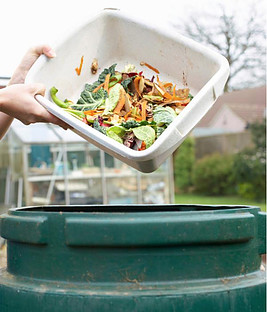
During the composting process, fungi, bacteria, and other microbes feed on the organic material. The microbes use the carbon and nitrogen to reproduce and grow in the composting pile.
Roll your compost bin around the yard once per week to keep the contents mixed
Be sure add water and aerate compost pile thoroughly
Compost is a living soil amendment!
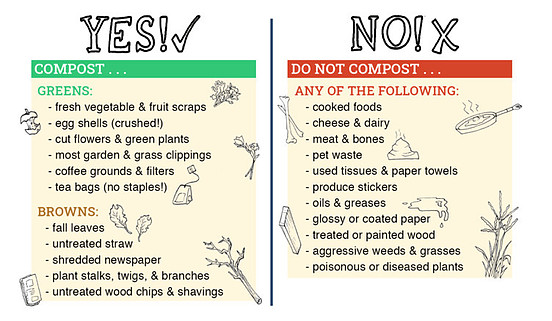
Can you use USED coffee grounds directly in the garden?
The answer is yes possibly but with much care and caution. Used coffee grounds have a neutral acid level of 6.5-6.8 after they are used to make coffee. They are high in nitrogen and have small amounts of phosphorus, potassium and trace minerals. For those reasons coffee grounds can be beneficial for the garden. What you can do is lightly sprinkle on top of the mulch but don’t only use as a mulch or bury under the mulch. The coffee grounds can form a mat when they dry out and prevent the soil from absorbing any water. In addition the nitrogen has to be converted by microorganisms so that the plant can achieve the benefits. It also can contain small traces of caffeine which can deter plant growth so the best way is to add the grounds to the compost pile. If you are going to add directly to the garden be sure to only use for plants that thrive in acidic environments.
As you can see there is alot to learn about composting that can be very rewarding. A favorite quote of mine is THE MORE WE KNOW, THE MORE WE GROW. Now you can garden indoors, learn more here in my article how to indoor garden.
Are you interested in composting indoors? Check out this FoodCycler from Vitamix and see how easy it is to compost indoors. Check out the FoodCycler here.
https://healthyfoodieonline.com/foodcycler-review-of-the-simple-indoor-composter/
Learning how to compost in a bin can be so much fun. Make it a family event and watch the black gold transform and supplement the garden. If you have had an experience with composting please leave a comment and share your experience.

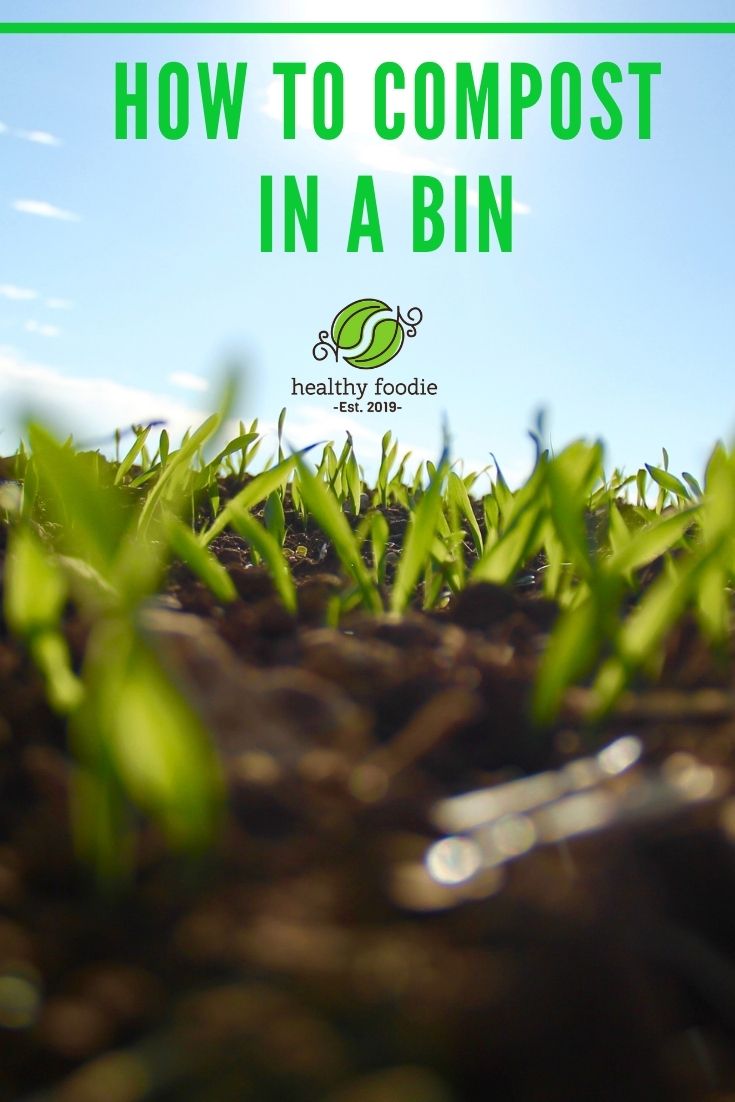


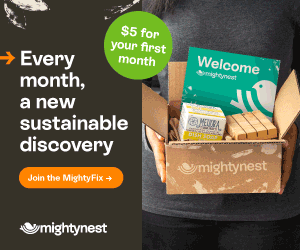

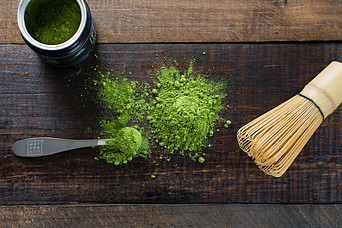
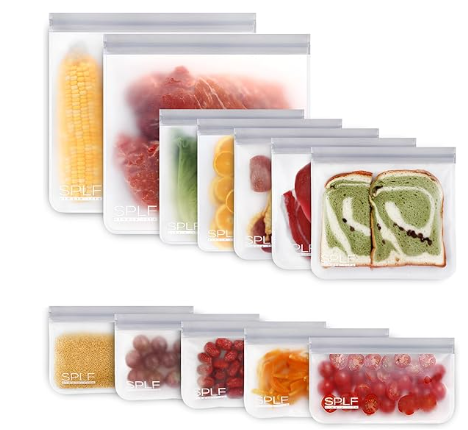
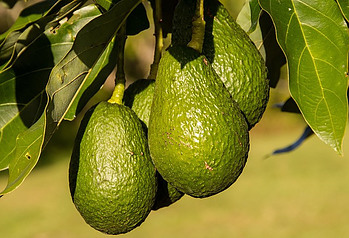
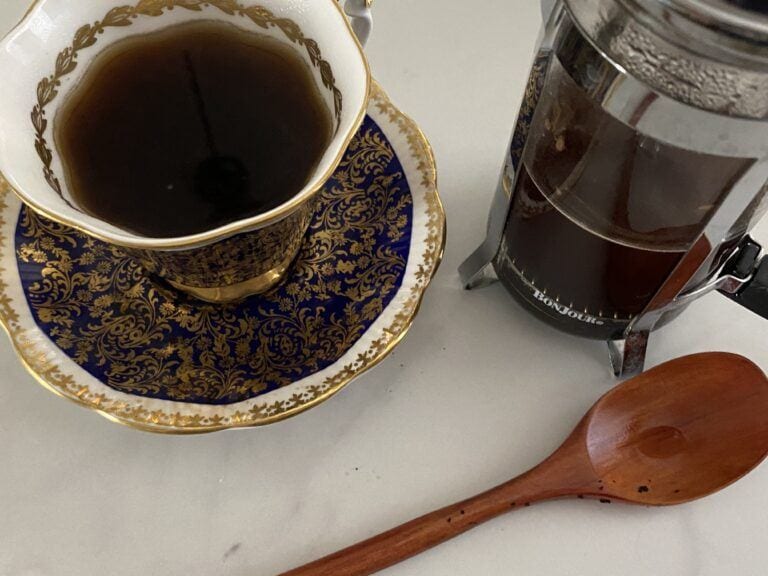
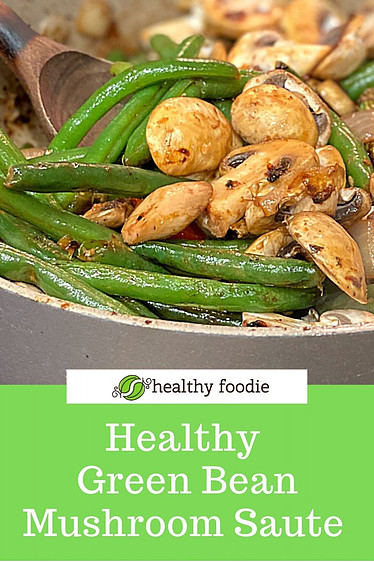
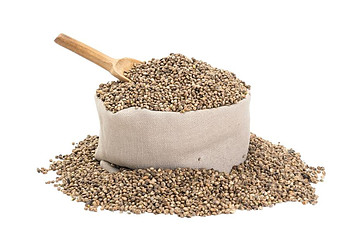
Amazing info thanks for sharing! My parents came abroad and got stuck with me during the shutdown and me and my mother have been wondering what is the best way to do a compost bin. Thanks for explaining in detail, especially what to put and what not put. I always wondered also how to get away with the bin not smelling and now I know how!
@ Mohammed I’m glad you enjoyed the article! Keep me posted how it goes with the composting!!
wow, I had no idea about any of this stuff. I hate global warming and I have to say I’m guilty of contributing to it. But this is such an eye-opener for me. Thank your for this.
@AJ thank you for visiting my website and I’m glad you learned about composting!! Best wishes!!
Wow, thank you for this information, it was a very useful read for me.
My parents in law do something similar but not in a bin.
They have just a small dedicated area in the backyard. Then use it in their small garden.
@Natalie thank you for your comment on my website and I’m so glad you enjoyed my article.
Being a long time gardener using compost to improve my gardens for beautiful blooming flowers and larger tastier veggies I know how composting benefits your gardening success.
Thank you for this guide to composting
Jeff
Wow! This is exactly what me and my partner have been looking for for a while – to make our own compost! After reading your post, I feel it’s definitely possible. I will give it a go. Hopefully it works for us too.
Many thanks for showing us the method.
Best wishes
@Habib that’s great! I’m glad you enjoyed the article and let me know how it goes with the composting!
Great article on composting, I really learned a lot. I’ve been wanting to implement this for a long time and now I know how to get started! Thanks!
@Lori thank you for visiting and let me know how it goes if you start the composting.
Thank you for all the information. I had no idea and I really learned a lot about composting.
Thanks
Norene
@Norene thank you for visiting my website again and I’m glad you learned from the article.
You did a great job! I believe that this is the information that can’t be find on the web easily and you decided to share it with others for free, that’s really great!
I didn’t know much about how to compost in a bin but I’ve been always interested to know more about this topic and your comprehensive guide helped me a lot.
I think, the Internet needs more quality posts like yours these days, especially when we see a lot of crappy ads and scams about this topic. You can’t read a post easily on a website without seeing tons popups but your site and post is an ideal example of a quality article which is not covered by annoying ads, has very useful information and lets readers enjoy reading every piece of it.
Thank you again and I wish you continue providing such that quality information in the future which turn the Internet and blogs into a better place to surf!
Best,
Ali
@Ali thank you for your kind comment and for visiting my website today!
This is so helpful! I’ve tried composting in the past when I didn’t live in a big apartment complex, and had limited results. I also had to learn about using coffee grounds in the garden the hard way, after killing my own plants and wondering why they’d died, when you hear about how good coffee is for gardens.
I will definitely be using this info to get back into composting. Thanks!
@Jade I hope my information can help you in your garden. Thanks for visiting my website today.
Alyse,
Well, I have finally found a simple to understand way of how to compost. You would not believe how many ways I have tried and am still unsuccessful. This is brilliant! We are a grow-what-we-eat family so it is important to have great soil all the time, especially when we are germinating seeds. Compost is expensive to buy and the quality is inconsistent. Making our own will ensure high quality and a consistent supply.
We are starting this weekend!
Thank you.
Cassandra
@ Cassandra I’m so glad that you have enjoyed my article HOW TO COMPOST IN A BIN-and what is black gold. Please keep me updated on how the composting project works out for you. I can’t wait to hear all about it!!! Best wishes!!
We love making our own compost. We even incorporate worm casting as well in order to boost the “black gold” goodness to our plants in our little garden. It has been working really well. 🙂
Thank you, Alyse, for showing the diagram for what’s good and what’s not good to put into our compost bin. I really appreciate that!
Cheers,
Ferra
@Ferra thank you for visiting my website and I’m glad you enjoyed my article how to compost in a bin.